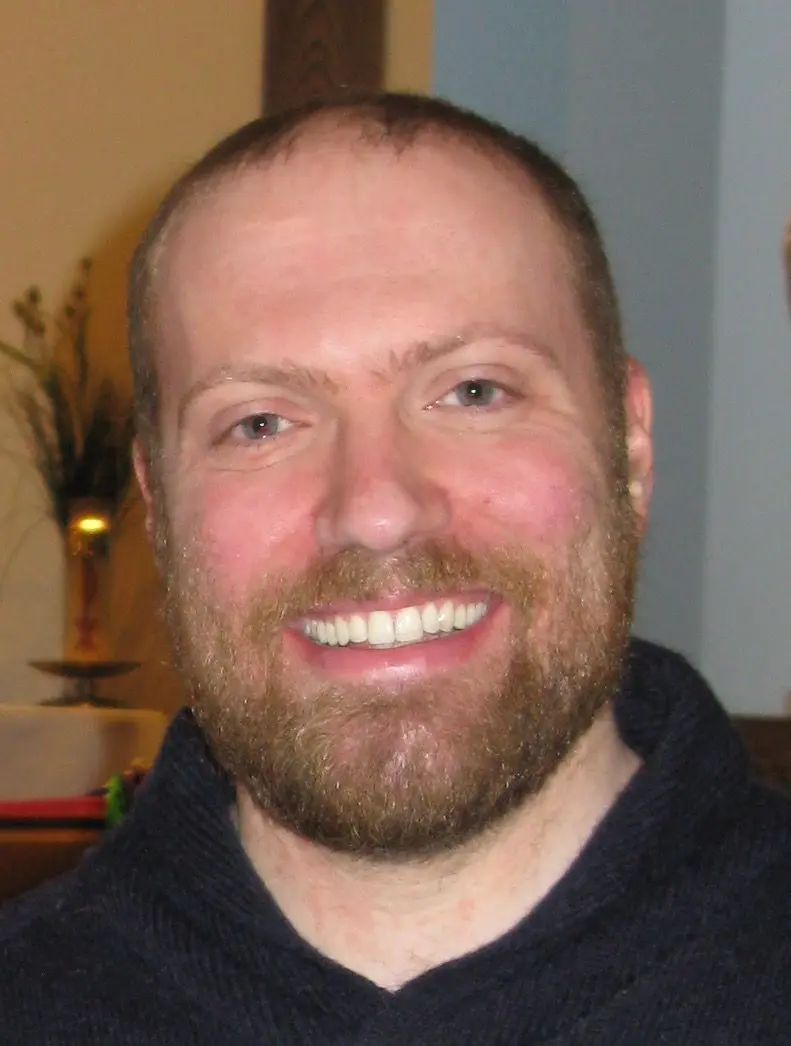Most people are cognizant of their ability to use their gifts or talents in life. But they often don’t consider the origin of those gifts and the necessity of that origin to maintain those gifts if they are going to use them. The origin of their gifts provides a foundation of borrowed being. People should be more cognizant of their borrowed being because they wouldn’t be able to use their gifts if they didn’t have that existence. Additionally, they should consider the responsibilities or “oughtness” that follows from borrowed being.
What people are is distinct from the fact that they are. The only thing whose “whatness” equals “the fact of it” is God. God’s essence is God’s existence. Furthermore, God has nothing in Him that is incomplete; God is completely complete.
Since all human persons are creatures (i.e., no human person exists sui generis), a human person’s existence is distinct from what a human person is as a person. For example, some people are good at sports while others are good at building houses; each human person possesses talents as gifts that did not arise from the person but were latently present in that person. Human persons choose to use their gifts for good or ill, if at all. All these gifts presuppose existence. If a human person lacked existence, that person would be annihilated instantly.
God’s Presence in the Natural and Supernatural Order
St. John of the Cross’s discussion of the three modes of God’s presence shows how God is constantly giving people everything they need to be themselves, and He wants to love them, but more than that, he gives them the very opportunity to be anything. St. John of the Cross talks about the first mode of presence of God, which is that God gives all creatures existence and maintains this vital act as a gift to all things. But if a person’s existence is a gift and is not essential to who that person is, then that means it is borrowed being. God is required to maintain a person’s existence; he has to keep giving people being for them to be.
Borrowed being extends into the supernatural order because the second mode of God’s presence is by Baptism. A Catholic not only has natural being as borrowed from God, who is Being Itself, but also has supernatural being, which is conferred through the sacrament of Baptism. In the supernatural order, if the person commits a mortal sin, the person loses this second presence of God. This second presence is the means of τέλος (completion) for the soul. While human persons are natural beings, to be with God in Heaven, human persons need God’s grace to complete them. A person needs to use both borrowed being, the natural and supernatural gifts, and the time given to the person to grow in Christian virtue and be a life that is an imitation of Christ.
The Justice of Borrowed Being
While today a lot of talk concerns mercy, justice lingers in the background of most discussions. Yet, without justice, no one can have mercy. Justice is classically defined as giving to another what is due to that other. For example, if a friend comes to you and asks you to keep a pet safe while he or she travels, naturally, when the friend returns, the friend expects the pet to be well-fed and generally taken care of. If the friend returns and sees the pet half-dead or dead, your friend will clearly be upset and will require a reason on why the pet is half-dead or dead. If the pet died due to your neglect, then you are in a debt of justice to your friend. If you just did not feed the pet well, but it’s still living, you still have some debt of justice to your friend by not doing everything you ought to have done that is due to your friend for taking on the responsibility.
Human persons are given being and gifts from God, who has a plan for that being and those gifts. If a person squanders that being or those gifts, he or she owes a debt of justice to God. Consider how many times people forego prayer, lack responsiveness to using their gifts, and act based on passions rather than prudence. All these things show a general lack of thoughtfulness about the fact that at a person’s core, he or she exists as a gift from God, and that gift is continuously given. All that follows from this being is a gift as well and, by justice, should be treated as such.
By giving people their being, God gives them a responsibility for their actions since they cannot claim that God did not give them what they needed to choose him at any given time. Since their essence is distinct from their existence, their self-determination allows them to squander or use well with full responsibility. God gives people everything they need to work with him during their time on Earth to become complete rather than remain deprived.
Conclusion
A human person’s essence is distinct from his or her existence, unlike God, whose essence and existence are one because he is pure act and Being Itself. A person uses his or her gifts for good or ill, and these gifts require God to maintain a person’s act of existence. Since God generously maintains the act of existence for all people, every person, by justice, ought to use this foundation to serve God and follow his will. Although all people fail at times, they should still, in their silence and solitude with God in prayer, strive to thank him for this gift of borrowed being and ask him to help them use it solely for his will alone.
How to learn more
To learn more about the Carmelite tradition in general, check out Midnight Carmelite episodes through the player below and hit subscribe to stay up to date!

